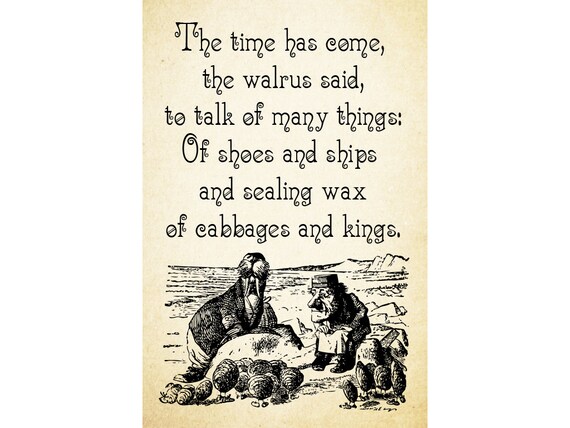

What I'm saying is that a desire to make these films stand for more than they do is a symptom of my own need to justify enthusiasm for a well-executed piece of fantasy storytelling. Now, I'm not saying that idea doesn't exist in the trilogy, or that war isn't a necessary facet of Western civilization. In reviewing The Two Towers for this paper, I argued that Jackson's adaptation made the case for war-especially war against a savage horde-as a necessary facet of Western civilization, drawing a none-too-subtle parallel between the movie and current events. Having signed on for the films with full-blown fandom, I naturally ascribed a certain profundity to their adventures. Tolkien's epic myth-history of Middle-earth, I'm kind of relieved that the whole thing is over.

But now that I've seen the three-and-a-half-hour final chapter in J. I wanted the saga to continue indefinitely, infinitely, like Berlin Alexanderplatz or Shoah, and I was perfectly prepared to sit and stare for as long as director Peter Jackson demanded. Peter JacksonĪfter the FIrst two installments of the Lord of the Rings series, I staggered out of the theater with wet eyes and told everyone who would listen that the films' only flaw was that they weren't each eight hours long. The Lord of the Rings: The Return of the King dir.


 0 kommentar(er)
0 kommentar(er)
